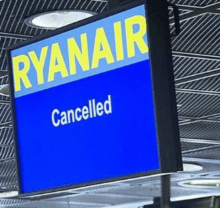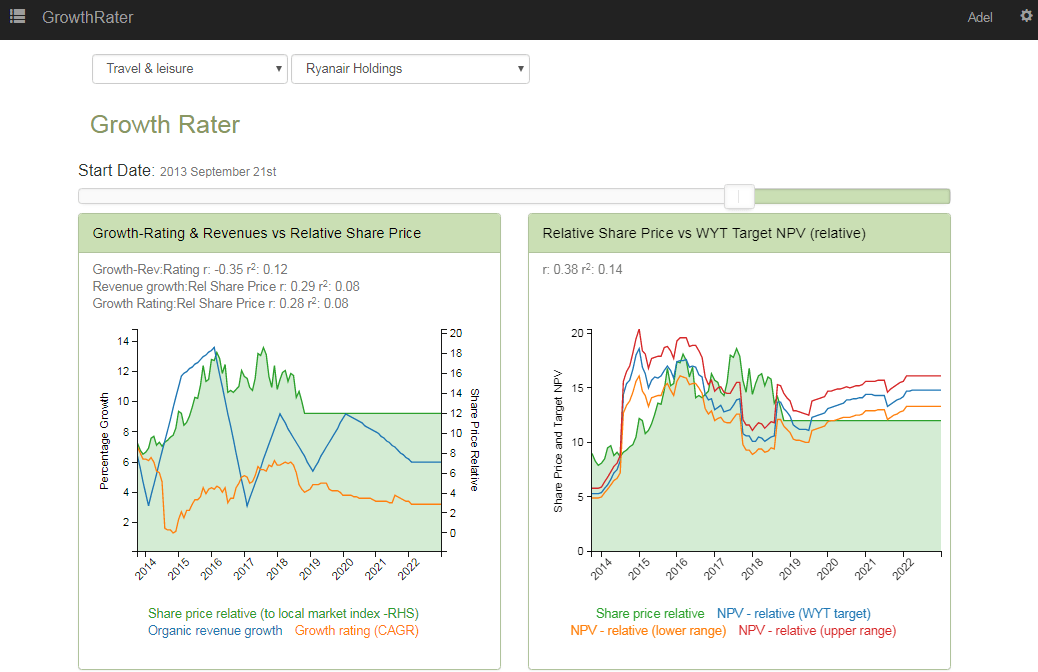Ryanair plays union hardball

Ryanair’s Michael O’Leary might sound pro-EU when it comes to Brexit, but his commercial approach is about as Anglo-Saxon as one can get. For the soon to be disenfranchised UK investors after Brexit, it must therefore come with a certain sense irony to see the group playing hardball with its Continental unions. While shareholders may not be happy with the short-term consequences of industrial disputes on trading, it is preferable to becoming more like Air France. So while shareholders will today be nursing a lower share price, they may have missed the sub-text of the announcement that was aimed squarely at those German and NL striking aircrews. That was the consequences of there actions will be to see investment (and therefore employment) shift away from these hubs and back to more accommodating and flexible areas. Shareholders may have missed this, but a doubt that it will have escaped the attention of those German and NL aircrew and just as with those earlier in Dublin, will help them come to the table. Sometimes a crisis is needed before arriving at a resolution
Beset by striking aircrew and rising fuel costs and Brexit disruption fears, the stock feels a little like a falling knife as management cuts current year earnings guidance by around -12%, while warning of possibly more to come. While there’s not a lot that this group can do with regards these extraneous factors, it can work on resolving its industrial disputes while retaining enough competitive advantage on costs to come out of all of this with an even greater market share. For investors however, it means being able to have a firm stomach to ride through the management’s game of hard-ball with its errant German and NL aircrew. It should not have escaped their attention that RYA’s response to a weaker trading performance resulting from these disputes has been to cut capacity (and therefore employment) from precisely these regions. So what would RYA shareholders want, some short term peace and stability to protect immediate profitability or for management to defend its structural advantage and longer term competitive position? I know it feels painful, but it is in these periods, that real value can be established.
Last trading update – pre-close Q2 and FY19 guidance cut: FY19 adjusted net income guidance cut by approx -12% from €1.25-1.35bn to €1.10-1.20, with even this possibly vulnerable to ongoing strike actions, fuel price rises and possible Brexit disruptions.
• Yields: -3% in Q2 vs +1% guidance, with Q3 guidance cut from ‘flat’ to -2%
• Strikes: Lower than expected traffic and yields following 2 days of strikes, plus associated additional EU261 expenses
• Capacity: Trimming -1ppts from planned FY19, now to +6%. FY19 traffic est now 138m vs 139m previous (excl LaudaMotion)
• Fuel: FY19 est cost increase of +€460m vs +€430m previous guidance (10% unhedged)
![]()
![]()

